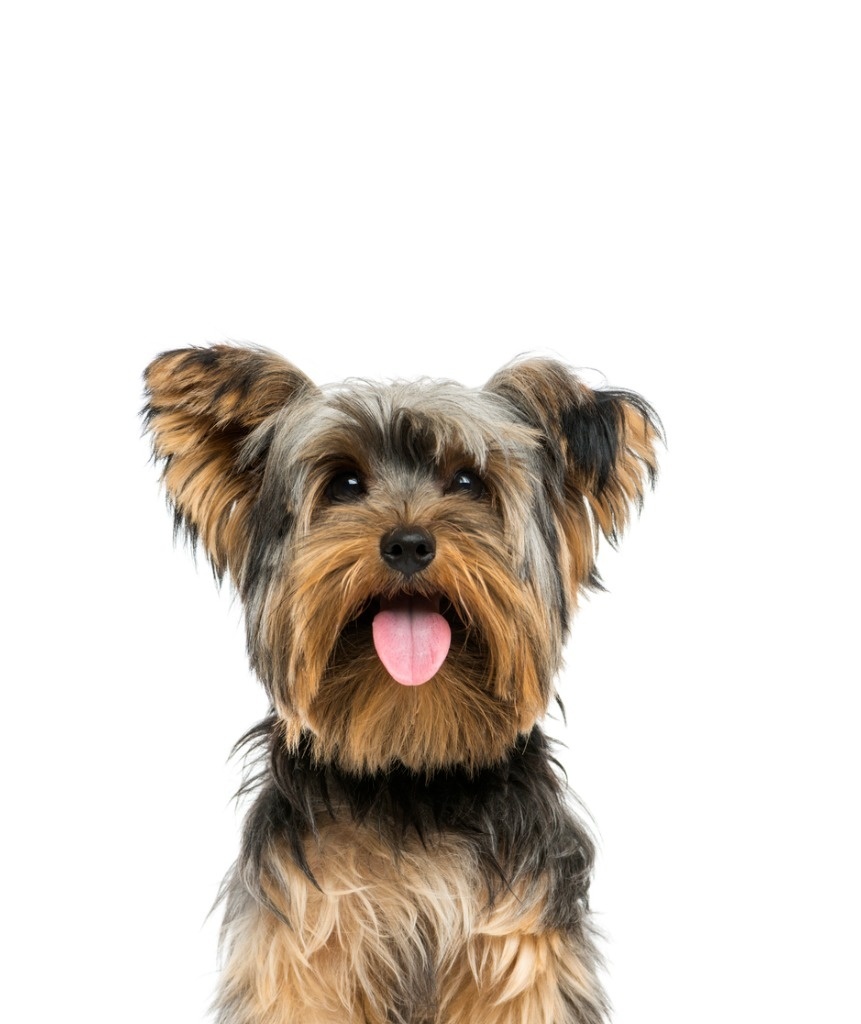Close
0
Cart
Your cart is empty
- All categories
- Dog
- Cat
- Small animals/birds
- Knowledge base
- Parasites
- Dog breeds
- Afghan greyhound
- Airedale Terrier
- Akita Inu
- Alaska malamute
- Australian Cattle Dog
- Australian Kelpie
- Australian Terrier
- Basset Fauve de Bretagne
- Bedlington Terrier
- Beagle
- Belgian Shepherd Dog
- Bernese Mountain Dog
- Bichon Frise
- Border Collie
- Border Terrier
- Boston Terrier
- Boxer
- Broholmer
- Bull Terrier
- Cavalier King Charles Spaniel
- Chihuahua
- Cocker spaniel
- Coton de tulear
- Danish-Swedish farm dog
- Dwarf Schnauzer
- English bulldog
- French bulldog
- Golden retriever
- Great Dane
- Dachshund
- Greyhound
- Havanese
- Irish Wolfhound
- Italian greyhound
- Jack Russell Terrier
- Labrador
- Maltipoo
- Newfoundlander
- Old English Sheepdog
- Pekingese
- Pomeranian
- Rhodesian Ridgeback
- Rottweiler
- Saint Bernard
- German Shepherd Dog
- Shetland Sheepdog
- Shiba Inu
- Shih tzu
- Siberian husky
- German Shorthaired Pointer
- German Pinscher
- Weimaraner
- Welsh Corgi Pembroke
- Yorkshire terrier
- Dalmatian
- Doberman
- American cocker spaniel
- Cairn terrier
- English Setter
- Eurasian
- Cat breeds
- Abyssinian
- Balinese
- Bengal
- British longhair
- British Shorthair
- Burmese
- Burmilla
- Chartreux cat
- Cornish rex
- Devon Rex
- European Shorthair
- Exotic Shorthair
- Holy Burma
- Korat
- Maine Coon
- Neva Masquerade
- Norwegian Forest Cat
- Ocicat
- Oriental Shorthair
- Persian
- Ragdoll
- Russian Blue
- Scottish Straight
- Serval
- Siamese
- Siberian Forest Cat
- Singapura
- Somali
- Sphynx
- Turkish Angora
- Turkish van
- All categories
- Tips
- Language

- EUR
- Customer Support
- Login
- Professional advice from our vet
- Volume discount up to 6%
- 30 days free return policy


